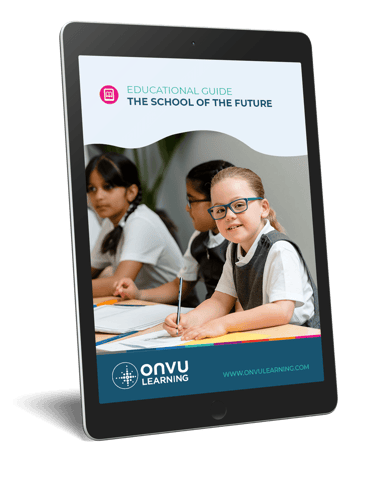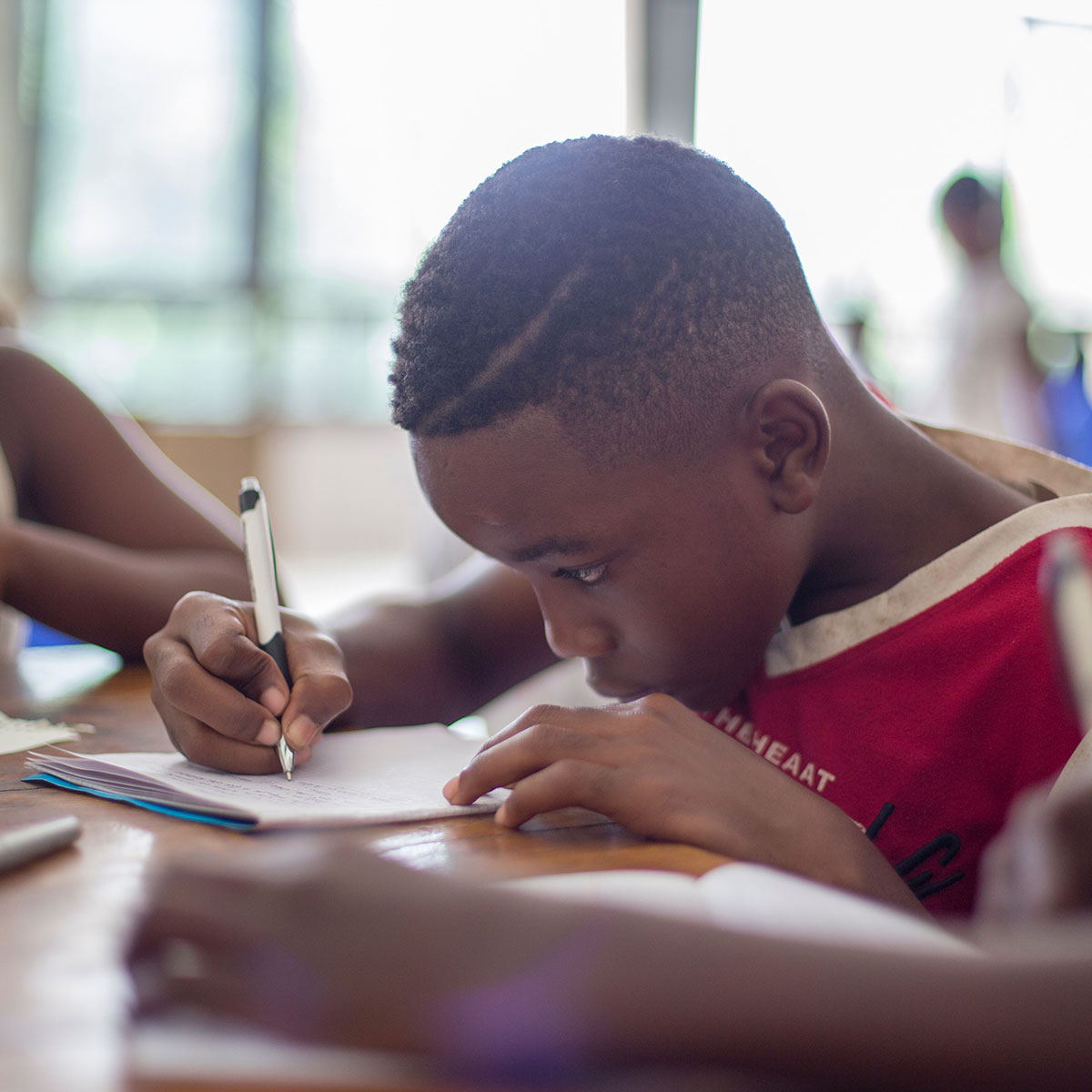- Self-Reflection
- 2 Minute Read


Could self-reflection be good for teachers’ wellbeing as well as improving lessons? There’s a lot of evidence that this might be true, when you consider the long-established practice of journaling and the aspects it shares with self-reflection.
According to this teacher blog, ‘journaling is one of the oldest forms of self-help in the world… exploring one’s own thoughts, feelings, impulses, memories, goals and hidden desires through the written word.’
With this history, journaling has been investigated by scientists – this article in the New York Times, found benefits including ‘a boost in mindfulness, memory and communication skills’, as well as ‘better sleep, a stronger immune system, more self-confidence and a higher IQ’!
And there have been specific links made with lesson self-reflection before – this blog points out benefits of journaling that are at the heart of self-reflection. The author of the blog argues that ‘journaling’ a lesson, helps the teacher to not focus on the ‘raw emotions’ around how ‘successful’ they thought their lesson was, but instead to look at the lesson more broadly. They conclude, ‘this means they are far less likely to look at the ‘black dot’ [for example of isolated poor behaviour] but the ‘white space’ [such as the overall good behaviour] of a lesson’.
Given the time challenges of teaching, adding another task that needs to be repeated regularly isn’t as easy as it seems and can feel daunting. The University of California at Berkley recommend starting by incorporating a few simple questions into your planning documents, whether these are electronic or physical, starting with the following three:
This process means that you can review your thoughts both in the short term, but also when you return to the same lesson with a subsequent year group.
As with self-reflection, journaling can be shared with colleagues and the wider world, either continuing with a simple format as above or using a common template – this site offers a number for free.
A group of teachers in a phase or subject can use them in department CPD sessions, or the reflections can be brought together and used to feed into whole-school CPD planning.
Finally, some teachers take their reflections further and use their journaling as the basis of blogs, research for higher degrees and articles in journals – for example this reflective piece and this analysis of the impact of reflective journals.

The School of the Future Guide is aimed at helping school leaders and teachers make informed choices when designing the learning environments of the future using existing and upcoming technologies, as they seek to prepare children for the rest of the 21st century – the result is a more efficient and competitive school.
KEEP IN TOUCH WITH ONVU LEARNING AND RECEIVE THE LATEST NEWS ON EDTECH, LESSON OBSERVATION, AND TEACHER TRAINING AND DEVELOPMENT.